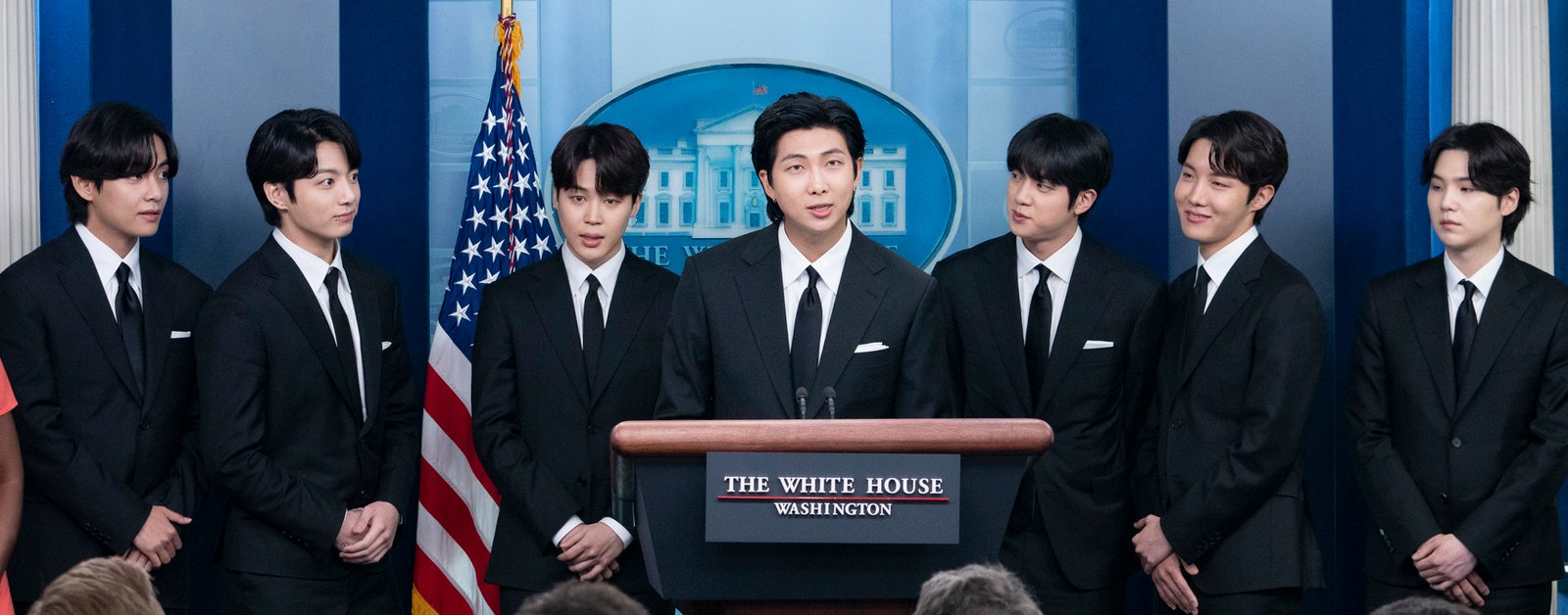It seems like Kpop has been globally popular for many years now, and people from all around the world really love it. I’ve personally received a lot of messages from Kpop fans on a language learning app. The funny thing is, I’m Chinese, not Korean. They just assume that because I’m Asian, there might be some kind of connection!
Kpop has significantly boosted Asian influence worldwide and is undoubtedly one of the most successful examples of cultural export. Many people travel to Korea specifically because of it. But why? Why is Kpop so popular? Let’s explore some of the underlying reasons in this article.
1. Industrialization and scaling up
Although the term “Kpop” has gained popularity since the 2010s, Korean entertainment, including music and TV dramas, has been trendy since the early 21st century. According to EqualOcean, as early as 2004, the Korean entertainment industry accounted for 0.2% of South Korea’s GDP. This is an impressive figure for the entertainment sector.

Korea’s historical accumulation of experience has led to a mature entertainment industry. EqualOcean also notes that Kpop contributes a financial boost of $12.3 billion for Korea in 2019. The more economic benefits it generates, the more investment is directed toward it, allowing the industry to scale up day by day.
2. Not only music
Kpop is distinct from other countries’ pop music because it offers more than just music. Why do I say this? Essentially, Kpop combines music with choreography and videos. In addition, there are often fan communities and a variety of merchandise. Kpop stars interact with their fans more than perhaps any other celebrities in the world. The famous Kpop group BTS holds the record for the most retweets on X.
From this perspective, Kpop is something that cannot be easily replaced by other counterparts like Jpop or American pop. The influence of Kpop fans can be much greater than we realize. They actively promote their idols on social media, serving as effective advertisements and helping to make the stars increasingly famous.
3. High-Quality Performance
High-quality performance is one of the most important factors contributing to Kpop’s success. I currently live in Japan, and a Korean friend here shared that some idols who have become celebrities in Japan may not even compare to some unknown ones performing on the streets.
Trainees in Korean entertainment companies typically undergo rigorous training for more than 12 hours a day. They must work incredibly hard to be competitive in the market, and there is no guaranteed “debut opportunity” for them. This creates a highly rivalrous environment that resembles social Darwinism: if you’re not good enough, you may not even be noticed. How does one become exceptional? By putting in the necessary effort!
A notable example is the success story of EXO. Before their debut in 2012, the members underwent extensive training up to seven years. This included vocal lessons, dance practice, and even acting training. Their commitment to perfecting their craft paid off; EXO quickly became one of the most popular Kpop groups in the world.
4. Fast-Paced Industry
In the Kpop industry, time is of the essence. Both male and female idols face unique challenges that create a fast-paced environment, where every moment counts. For female idols, age is a significant factor in the market, while male idols must complete military service before the age of 28. This results in a very short window for their peak careers.
The fast pace of the industry is crucial for everyone involved, but it also contributes to its vibrancy. To illustrate this, consider a metaphor: a pool remains much cleaner when its water is constantly refreshed, compared to another pool that only changes its water weekly.
5. Global Vision
Kpop companies don’t just focus on domestic talent; they actively seek stars from other countries as well. A great example is Lisa from BLACKPINK, who is originally from Thailand.

This strategy offers two main benefits. First, recruiting global talent adds diversity to Kpop, making it more appealing and accessible to a wider audience. Second, it helps promote Kpop in more countries, as people often pay extra attention to members who come from their own nations, significantly boosting international recognition.
6. Legal Framework and Market Integrity
South Korea’s strong protection of cultural copyright has played a significant role in maintaining a healthy market environment. The country has established both copyright courts and a copyright commision to address copyright-related disputes effectively. Plus, the Korean government actively combats counterfeit products and piracy, implementing strict penalties to deter copyright infringement.
The government also collaborates with international organizations, such as the World Intellectual Property Organization (WIPO), to align its copyright policies with global standards and strengthen enforcement measures. As a result, South Korea has fostered an environment that encourages creativity and innovation, allowing Kpop and other cultural exports to thrive.
7. Charmed by the Unknown
“Why is Kpop so popular?” This question has been asked countless times on Reddit, and one answer stands out to me as especially insightful. It suggests that the global popularity of Kpop, despite most fans not understanding the Korean language, is partly because ignorance is bliss.
When you don’t understand the lyrics, the music takes on a certain charm and mystery. At the same time, music itself is a universal form of expression that transcends language barriers. Interestingly, a Korean friend of mine dislikes Kpop because he finds the lyrics generally silly. It’s amusing how language comprehension can completely change one’s perception of the same song.

Conclusion
As mentioned above, Kpop’s popularity stems from a variety of factors, including its distinctive blend of music, fashion, and choreography, as well as the powerful connection between artists and their fans. Each industry follows its own unique path to success that cannot be easily replicated.
As a non-Korean Asian, I am truly grateful to Kpop for amplifying Asian cultural influence on the global stage, inspiring greater appreciation for the diverse cultures that enrich our world. Let’s continue to celebrate and embrace this diversity, promoting cultural exchange and mutual understanding. Cheers to a world full of vibrant cultures and shared experiences!

